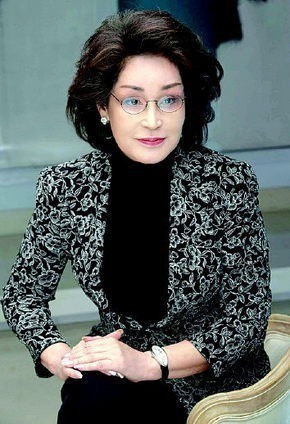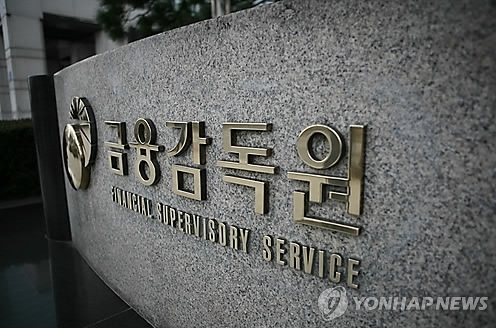The Financial Supervisory Service, the nation’s top financial watchdog, said Monday it has issued a “warning” to Shinsegae Group chairwoman Lee Myung-hee who was accused of having held illegal ownership of company stocks under borrowed names last year.
In November 2015, Shinsegae declared that Lee possessed some 380,000 company shares worth around 80 billion won ($68 million) under the names of three group executives, including former group chairman Koo Hak-seo, and that she would convert them to her own name.
 |
Shinsegae Group chairwoman Lee Myung-hee |
The announcement was made after local tax authorities spotted the illegal practice during its tax investigation on the Shinsegae-owned local discount supermarket chain E-mart last summer. At the time, Lee paid some 70 billion won in fines to the National Tax Service.
“We reviewed chairwoman Lee Myung-hee and group adviser Koo Hak-seo’s failure to notify the authorities (of their stock ownership), and issued a warning last month,” said Oh Eui-yong, head of FSS’ corporate disclosure team.
 |
The FSS headquarters in Seoul (Yonhap) |
Under current regulations, a “warning” does not involve any punitive measures against the person in question, however, it enables the FSS to push for stronger actions should a similar move happen again, according to Oh.
The FSS made the decision on grounds that the problematic stakes in question took up less than 1 percent of the chairwoman’s net shares in the company and were not used for unlawful transactions, he said.
Aside from Koo, the remaining two group executives who had held stocks on behalf of the Shinsegae chairwoman were not subject to any actions, given the wrongful stock disclosure was made more than 10 years ago, Oh said.
“The statute of limitations has already expired,” he added.
Meanwhile, some critics have raised concern about the FSS’ moves. “Given it is not the first time that Lee Myung-hee has been found with borrowed-name stocks and (that there is) the need for greater corporate transparency, the FSS should have taken stronger action,” Kang Jung-min, a researcher from local economic institute Solidarity for Economic Reform, was quoted as telling the local media.
In 2006, the chairwoman of Shinsegae Group, the country’s second-largest retailer, was imposed with a fine of 350 billion won for having 800 billion won of stocks hidden under borrowed names.
By Sohn Ji-young (
jys@heraldcorp.com)









